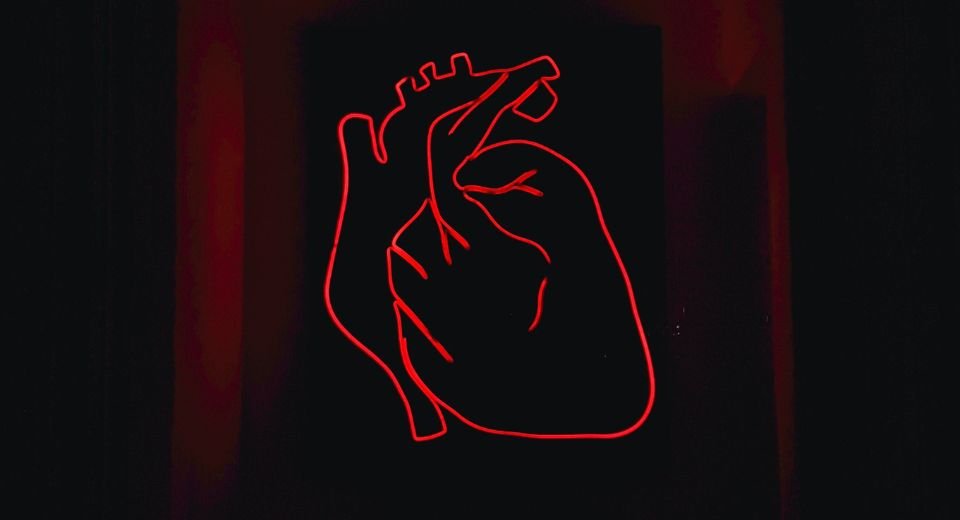May 8, 2023: A protein instrumental in neuron creation also functions to transform scar tissue cells into heart muscle cells, particularly when combined with another protein, as revealed by a study spearheaded by Dr. Li Qian at the UNC School of Medicine.
Researchers from the University of North Carolina have made a breakthrough in cellular reprogramming and organ regeneration. They have found a way to transform scar tissue cells (fibroblasts) into healthy heart muscle cells (cardiomyocytes).
Fibroblasts form the fibrous tissue that is responsible for heart failure post a heart attack or heart disease. The breakthrough in converting fibroblasts into cardiomyocytes can possibly treat or even cure this ailment.
A gene activity-regulating protein named Ascl1 is the catalyst in turning the action of fibroblasts into neurons.
“It’s an outside-the-box finding, and we expect it to be useful in developing future cardiac therapies and potentially other kinds of therapeutic cellular reprogramming,” said study senior author Li Qian, PhD, associate professor in the UNC Department of Pathology and Lab Medicine and associate director of the McAllister Heart Institute at UNC School of Medicine.
“Reprogramming fibroblasts has long been one of the important goals in the field,” Qian said. “Fibroblast over-activity underlies many major diseases and conditions including heart failure, chronic obstructive pulmonary disease, liver disease, kidney disease, and the scar-like brain damage that occurs after strokes.”
The team led by Qian studied how mouse fibroblasts turned into cardiomyocytes, hepatocytes, and neurons.
The scientists discovered that the conversion of fibroblasts into neurons triggered a group of cardiomyocyte genes, and the key factor in this transcription was Ascl1.
Given that Ascl1 activated cardiomyocyte genes, the researchers decided to include it in their three-transcription-factor mix, which they used to generate cardiomyocytes. They were amazed to find that the percentage of successfully reprogrammed cells increased by over tenfold.
Researchers further discovered evidence indicating that Ascl1 alone activates genes for both neurons and cardiomyocytes. And when it is paired with another transcription factor Mef2c, , it deviates from its pro-neuron function. Ascl1 and Mef2c work harmoniously to activate a wide range of cardiomyocyte genes.
“Ascl1 and Mef2c work together to exert pro-cardiomyocyte effects that neither factor alone exerts, making for a potent reprogramming cocktail,” Qian said.
Qian and team aspire to develop a dual-purpose synthetic protein, incorporating the functional components of both Ascl1 and Mef2c, which could be administered to damaged hearts to repair them.
The research article is featured in Cell Stem Cell.
